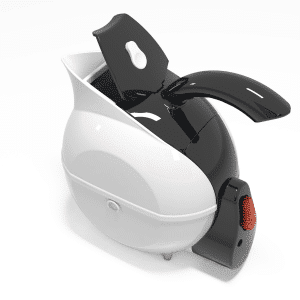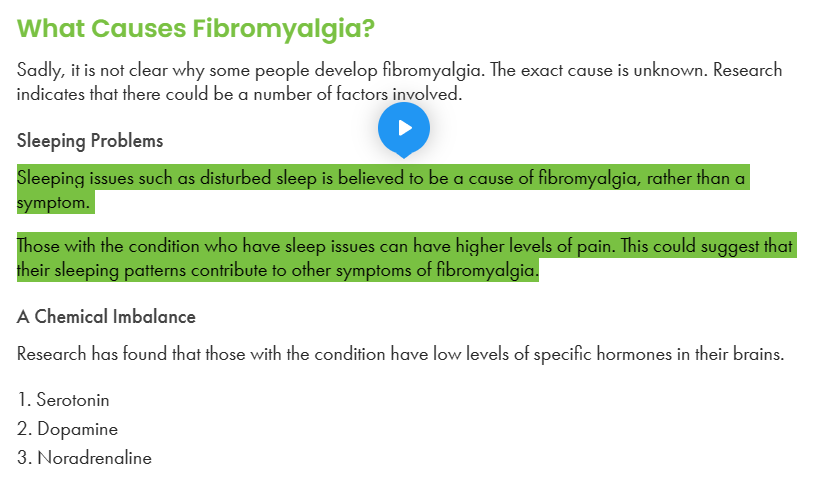Parkinson’s Disease named after Dr. James Parkinson, who first identified it in 1817. It’s a disease that affects the way the brain co-ordinates body movements, including walking, talking and writing. Parkinson’s is a long-term (chronic) neurological condition.
This disease does not discriminate and affects both men and women, although men are statistically slightly more likely to develop it than women. The risk of getting it can increase with age. Symptoms usually appear in those who are over the age of 50. However, it is not unheard of that younger people can also be diagnosed with the disease.
Early Symptoms of Parkinson’s Disease:
When it comes to Parkinson’s, here are a list of some of the early warning signs. Should you or someone you know display 1 or more of the below list, please do visit your doctor. Early signs of Parkinson’s disease can be easy to miss, especially if they occur sporadically.
Small Handwriting
A sudden change in the size of your handwriting may be an early indicator of Parkinson’s Disease. People with it have a hard time controlling movement because of the changes in the brain. This can make fine motor skills like writing more difficult.
Tremor
A tremor is perhaps the most recognizable sign of Parkinson’s Disease. A slight twitching or shaking of a finger, hand, or foot is common. The person experiencing the tremor is likely to be the only person who notices them in early stages.
Sleep Problems
Early signs of the disease can include many uncontrollable movements, not just occasionally, but on a regular basis. Kicking, thrashing, flailing your arms, and even falling out of bed can be indications of a serious problem.
Stiffness & Slow Movement
Stiffness of the limbs (rigidity) and slow movement (bradykinesia) appear early on. These symptoms are caused by the impairment of the neurons that control movement. A person with Parkinson’s will notice jerkier motions and move in a more uncoordinated pattern than before. Eventually, a person may develop the characteristic ”shuffling gait”.
Voice Changes
Parkinson’s Disease affects movement in different ways, including how you speak. You might be familiar with the slurred speech of advanced Parkinson’s patients. Less dramatic voice changes can occur in early stages of the disease
Masking
Parkinson’s can affect the natural facial expressions in addition to gross motor skills. People often comment that some individuals with it have a blank stare.
Voicing Your Concerns
Parkinson’s Disease is a serious and chronic condition. The treatment is significantly more successful when the disease is caught in its earliest stages. Diagnosis can be difficult, as many of the early signs are like those in other health conditions.
Talk to your doctor if you have any concerns about your physical movement or behaviour, or if something doesn’t feel right.
Are you or someone you know living with Parkinson’s and need a helpful hand in the kitchen? Why not try out our Uccello Kettle. With it’s tilt-to-pour action, there is no more risk with burns or scalds as the tilt-to-pour option eliminates the risk.













Leave a Comment